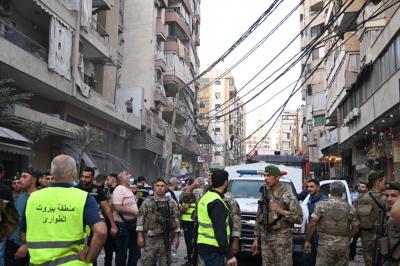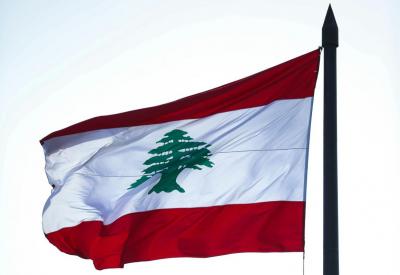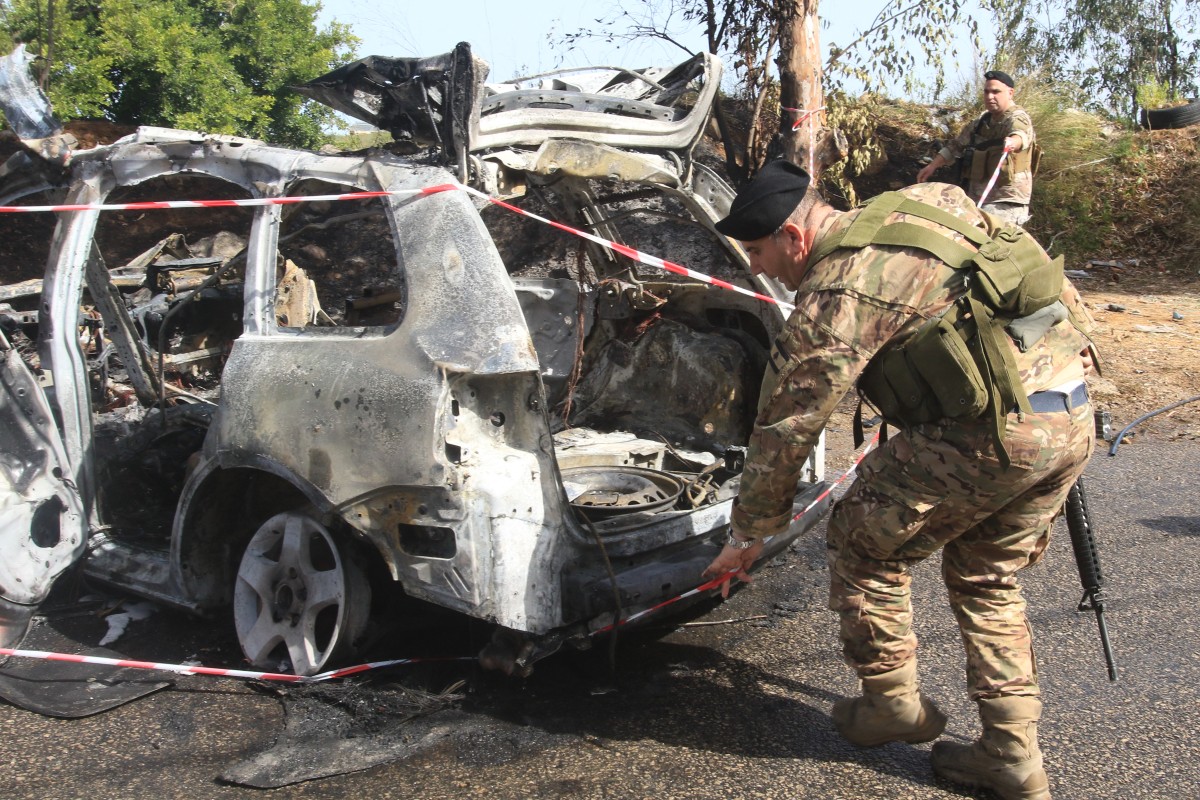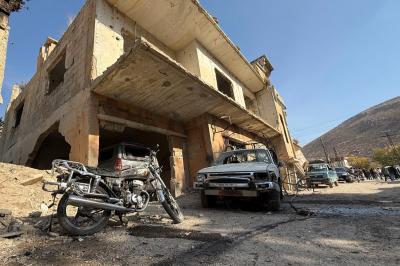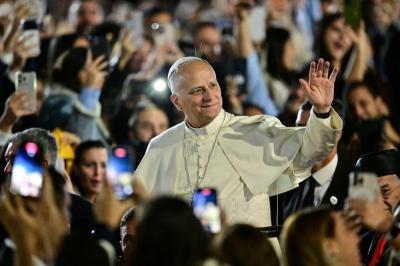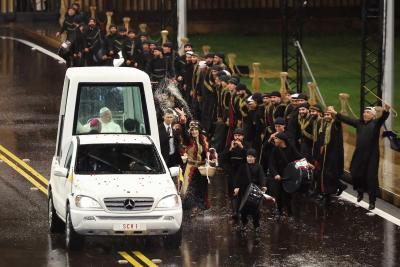President Joseph Aoun finds himself in a position many aspire to but few would envy.
He is the “President of the Republic and the symbol of national unity.” His role, as defined by the constitution, is to “ensure respect for the constitution and preserve Lebanon’s independence, unity, and territorial integrity.” Yet, following the most recent constitutional amendments, he has been stripped of most of the powers that would have allowed him to fulfill the duties he pledged to uphold, reducing him to a largely symbolic figure—he “presides over the Supreme Defense Council and is the Commander-in-Chief of the Armed Forces,” but these forces remain under the authority of the Council of Ministers.
Nevertheless, it is his moral authority that makes him a true national authority, especially because he seeks nothing for himself.
Raised in the military institution, President Aoun learned that the priority is to accomplish the mission entrusted to him, regardless of sacrifices or circumstances. Upon his election, he promised the Lebanese people to undertake a series of rescue missions, starting with the monopoly of arms by state institutions and culminating in ensuring social justice and restoring the rights of depositors.
We understand that certain missions require time to implement. Yet, this time must be limited, particularly for missions whose delay would paralyze the entire recovery process. Chief among these is the collection of all weapons of every type and in every hand, Lebanese and non-Lebanese alike, across Lebanese territory.
Taking control of arms would increase pressure on Israel to withdraw its remaining forces from Lebanese territory and to halt its violations of UN Security Council Resolution 1701. It would also pave the way, alongside other reform steps, for rebuilding the state that has long been undermined from within.
Patriotism is not merely about opposing Israel. True patriotism lies in summoning all efforts to build the state, the regions, society, and the future.
Weapons have no value outside the framework of national unity and state-building.
If using weapons against Israel is important, building the state is even more important, for success in achieving national objectives depends on the mobilization of the entire state, not just fragments of it.
Why, then, do those who are stockpiling weapons are refusing to give them up, now that every pretext for keeping them has collapsed?
They have failed to deter Israel.
They are unprepared to defend even themselves, let alone others.
They have failed to build national consensus around their so-called "resistance" policies, instead drinking from the poisoned well of their imagined strength, dragging disaster upon themselves and the nation as a whole.
From whom, and for what, are these armed groups so fearful that they refuse disarmament?
The only logical explanation is their intent to use these weapons domestically — a prospect that would unleash greater calamities and destroy what remains of Lebanon’s fragile foundations.
No Lebanese confession seeks confrontation with another.
The sectarian barricades raised today are likely the last desperate attempt to halt the country's progress toward a secular state — a Lebanon where religion is no longer a tool of favoritism, provocation, intimidation, or the illegitimate preservation of gains acquired outside the framework of justice.
The old tactics of accusing others of treason to achieve unrealistic goals are no longer viable.
Nor are the scare tactics about Israeli ambitions or the threat of extremism an effective currency anymore.
Those who live in fear today must look in the mirror — for their true fear should be of themselves.
Please post your comments on:
[email protected]
 Politics
Politics
